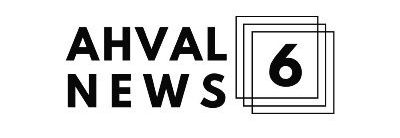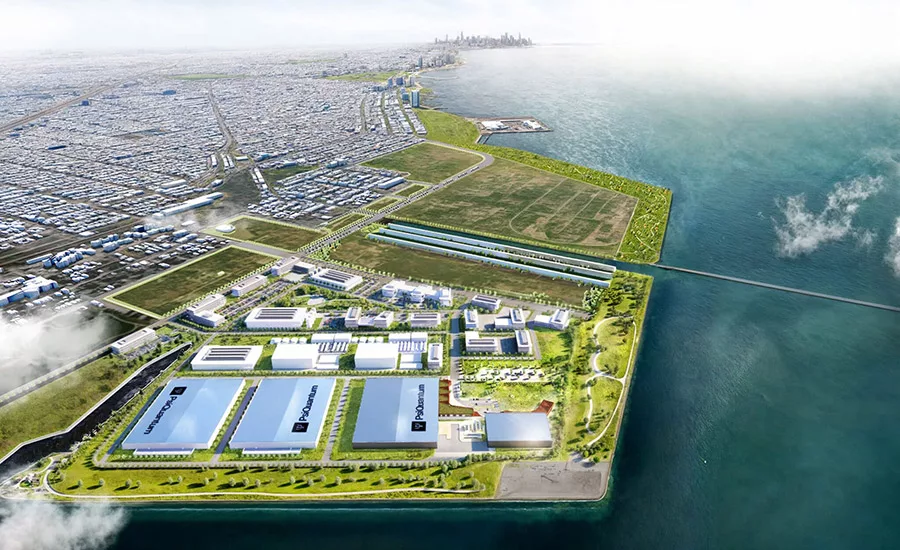Legal and insolvency specialists have actually advised Nigeria and other African nations to reinforce their insolvency structures by incorporating alternative disagreement resolution (ADR) systems, fast-tracking judicial procedures, and embracing cross-border cooperation methods to draw in financial investment and improve financial durability.
Speaking at a session arranged by the Business Recovery and Insolvency Practitioners Association of Nigeria (BRIPAN), judges and insolvency experts laid out useful suggestions to make business rescue more effective in the area.
Justice Onyekachi Otisi of the Court of Appeal stressed that while Nigeria’s Companies and Allied Matters Act (CAMA) 2020 supplies a robust legal structure for insolvency, procedural weak points continue to slow resolutions. She highlighted the heavy dependence on courts, which adds to hold-ups, inadequacies, and high expenses.
According to World Bank information mentioned at the occasion, insolvency cases in Nigeria take approximately 2 years to solve, with expenses totaling up to 22 percent of the estate and financial institutions recuperating just 27.8 cents per dollar.
Read likewise: BRIPAN relocate to deepen awareness on company healing, insolvency in Nigeria
Justice Otisi advised presenting ADR, specifically mediation, at the pre-insolvency phase to decrease hold-ups and lower expenses.
“Before applications are made to the courts for recommendation of restructuring tools such as plans of plan, voluntary plans, or administration, celebrations directed by insolvency specialists need to check out mediation,” she stated. “This would alleviate stress, reduce extended lawsuits, and make sure more effective results.”
She prompted BRIPAN to promote policy reforms that would institutionalise ADR in insolvency cases, arguing that this would match, instead of change, the courts’ supervisory function.
Speaking, Justice Alexander Owoeye of the Federal High Court worried the requirement for Nigerian courts to play a more active function in promoting business rescue through Company Voluntary Arrangements (CVAs).
He kept in mind that courts are main in making sure that candidates monitoring CVAs act within the law and in securing financial institutions’ rights when disagreements develop.
Read likewise: Federal high Court, BRIPAN to enhance Nigeria’s service healing, insolvency system
Owoeye cautioned that insolvency matters are time-sensitive and ought to not be bogged down by hold-ups. He required brand-new practice instructions to fast-track insolvency-related cases and advised specialised training for judges on the technicalities of business rescue systems.
“If these procedures are embraced, Nigerian organizations will be much better placed to make it through monetary distress and stay competitive,” he included.
From a local point of view, Ugandan insolvency specialist Kabito Karamagi highlighted the value of cross-border cooperation, mentioning the failure of numerous international insolvency cases due to skepticism and weak legal structures.
The Managing Partner of Ligomarc Advocates, Kampala, Uganda, described that just a handful of African nations, consisting of Uganda and Kenya, have actually embraced the United Nations Commission on International Trade Law (UNCITRAL) Model Law on Cross-Border Insolvency.
Karamagi suggested that more African countries embrace and adjust the design law to help with judicial cooperation, joint hearings, and collaborated healing methods.
Read likewise: Insolvency stakeholders require more powerful structures in Nigeria
“With the African Continental Free Trade Area driving increased cross-border company, insolvency threats will undoubtedly grow. We need to develop structures that guarantee order, fairness, and worth healing for financial institutions throughout jurisdictions,” he stated.
Contributing to the conversation, Justice Chenda Kazimbe of Zambia worried the significance of judicial case management in speeding up insolvency matters.
He kept in mind that Zambia has actually presented administrative guidelines setting rigorous timelines, such as one year for insolvency petitions and 45 days for movements, to prevent stockpiles.
He advised that Nigeria and other African jurisdictions embrace comparable case management techniques, motivate ADR in insolvency conflicts, and purchase constant training for judges and insolvency specialists.
Read likewise: Future of insurance coverage depending on adoption, partnership with fintechs– stakeholders
In their closing remarks, the professionals concurred that reforms should concentrate on 3 essential locations: Institutionalising ADR in pre-insolvency and restructuring procedures to cut expenses and hold-ups, fast-tracking court treatments through practice instructions and specialised training for judges and enhancing cross-border insolvency cooperation by embracing worldwide finest practices such as the UNCITRAL design law.
They concluded that without these reforms, Nigeria and Africa ran the risk of frightening financiers and weakening organization durability. With collaborated action, the continent might develop an insolvency system that is “effective, trustworthy, and appealing to financiers.”
< img decoding ="async" src ="https://cdn.businessday.ng/wp-content/uploads/2025/09/e78a4940-5c3d-47f1-b92d-445624cce4e1.jpeg" height ="250" width ="300" alt loading ="lazy">

AI Content Analysis
This content has been analyzed for AI generation:
- AI Probability: 0%
- Confidence:
- Last Checked: October 3, 2025











